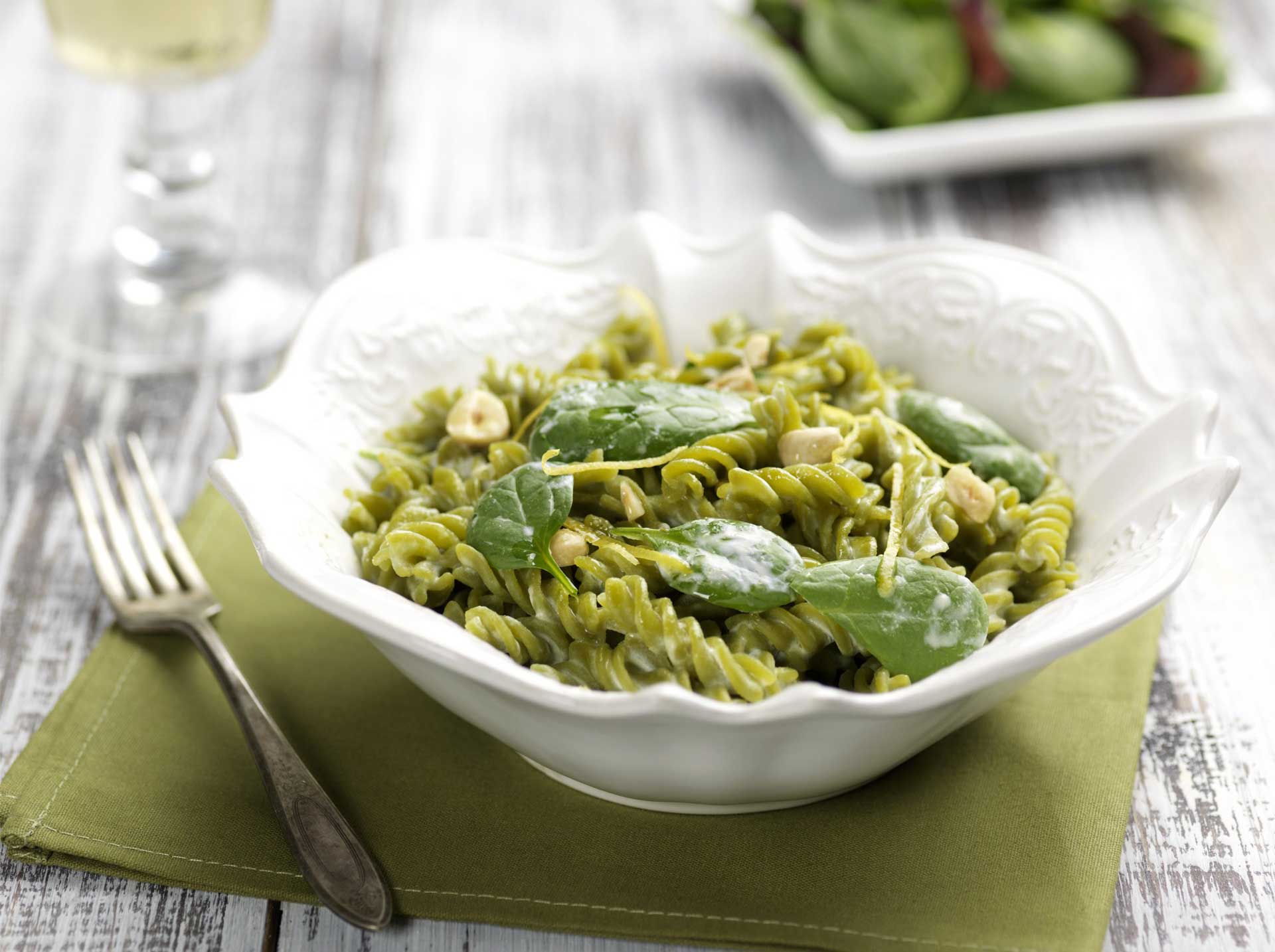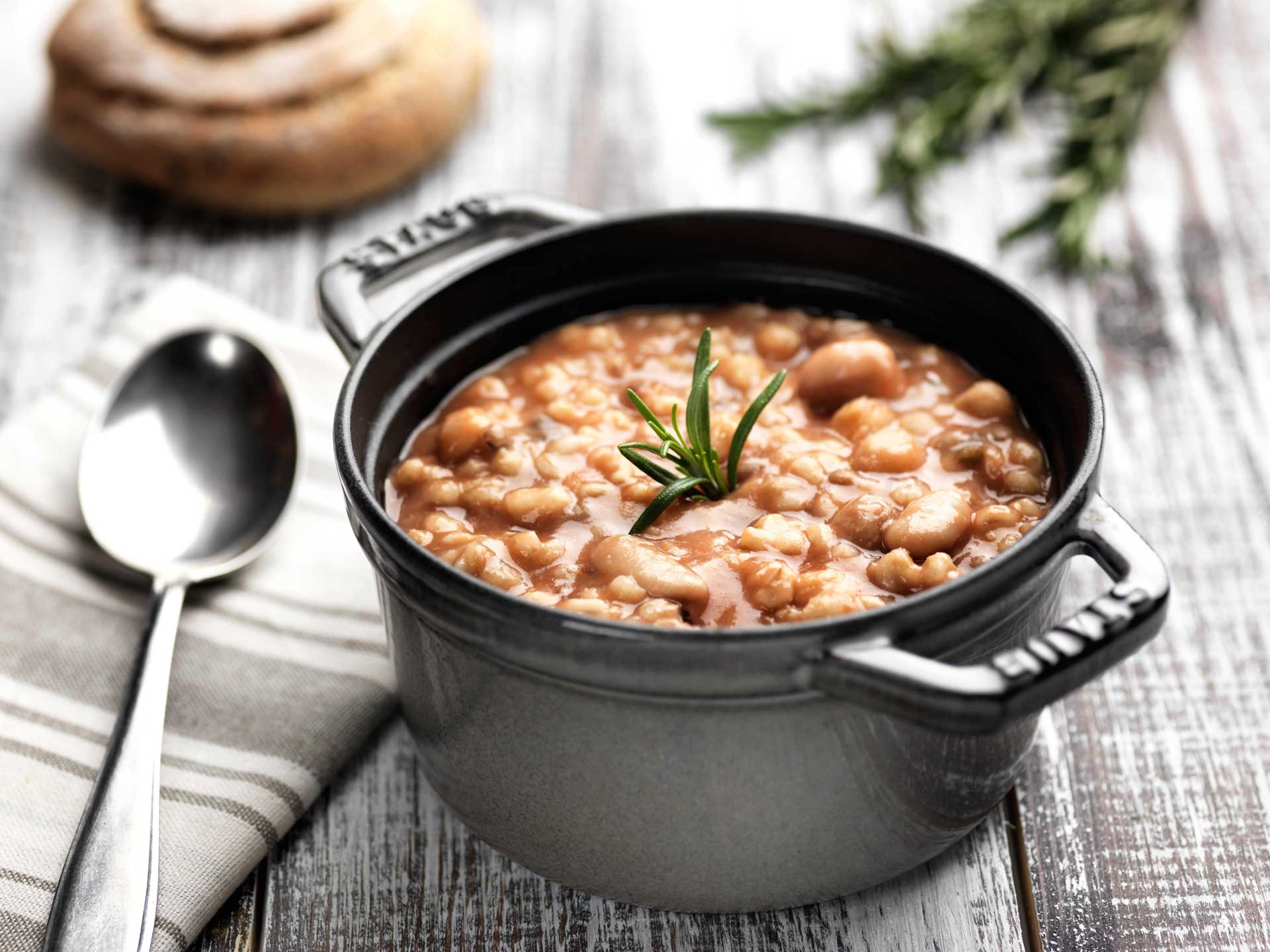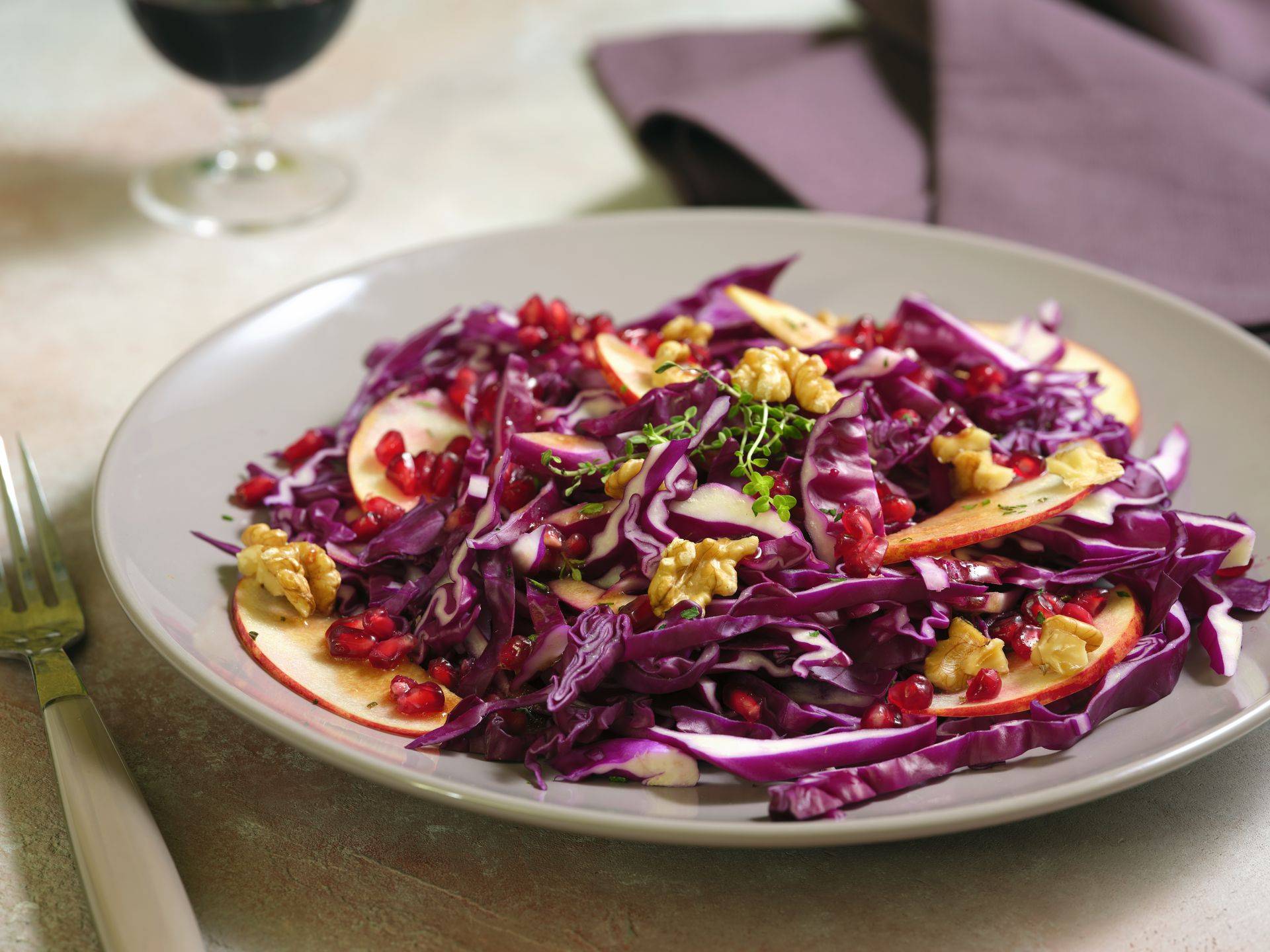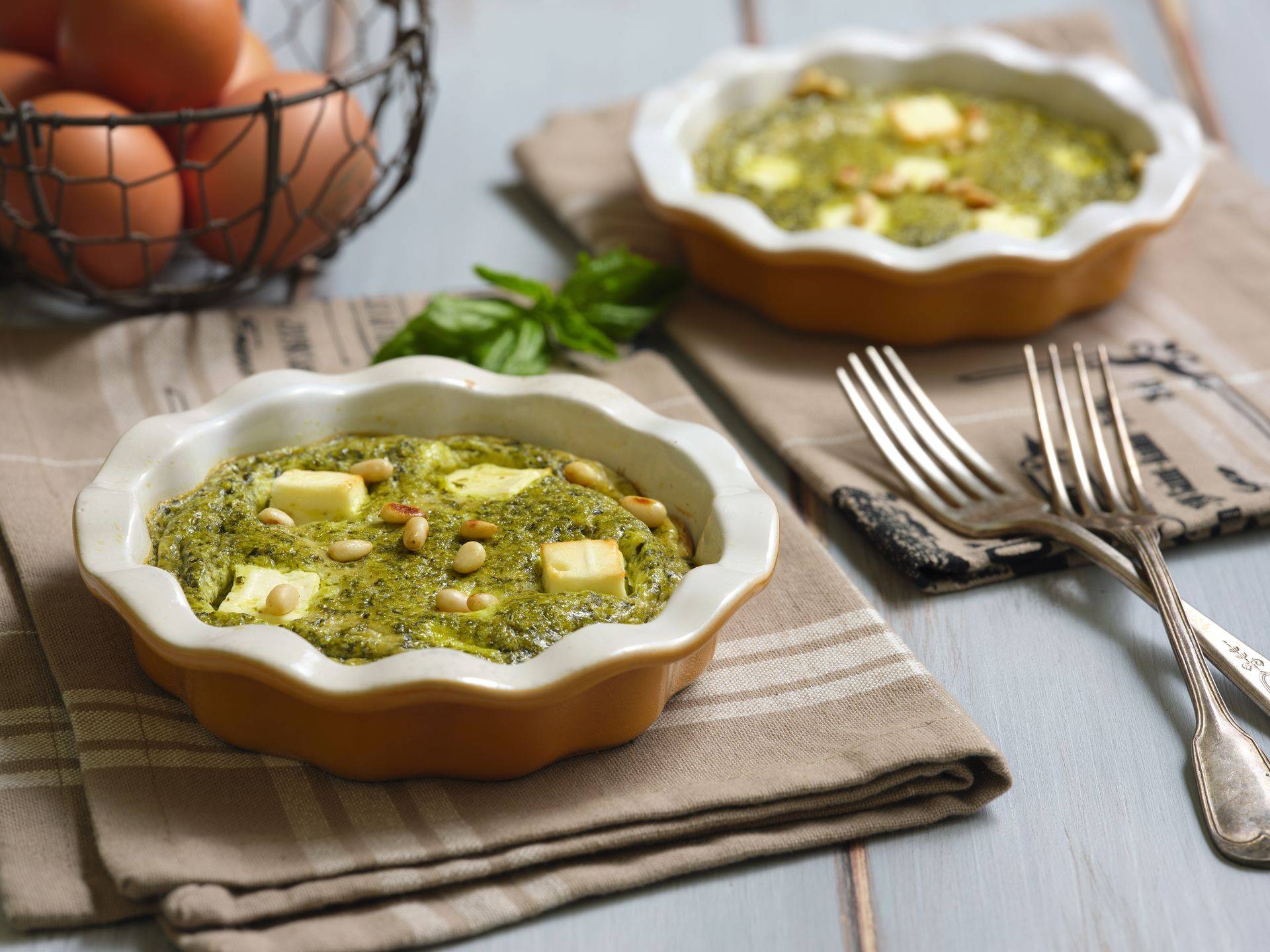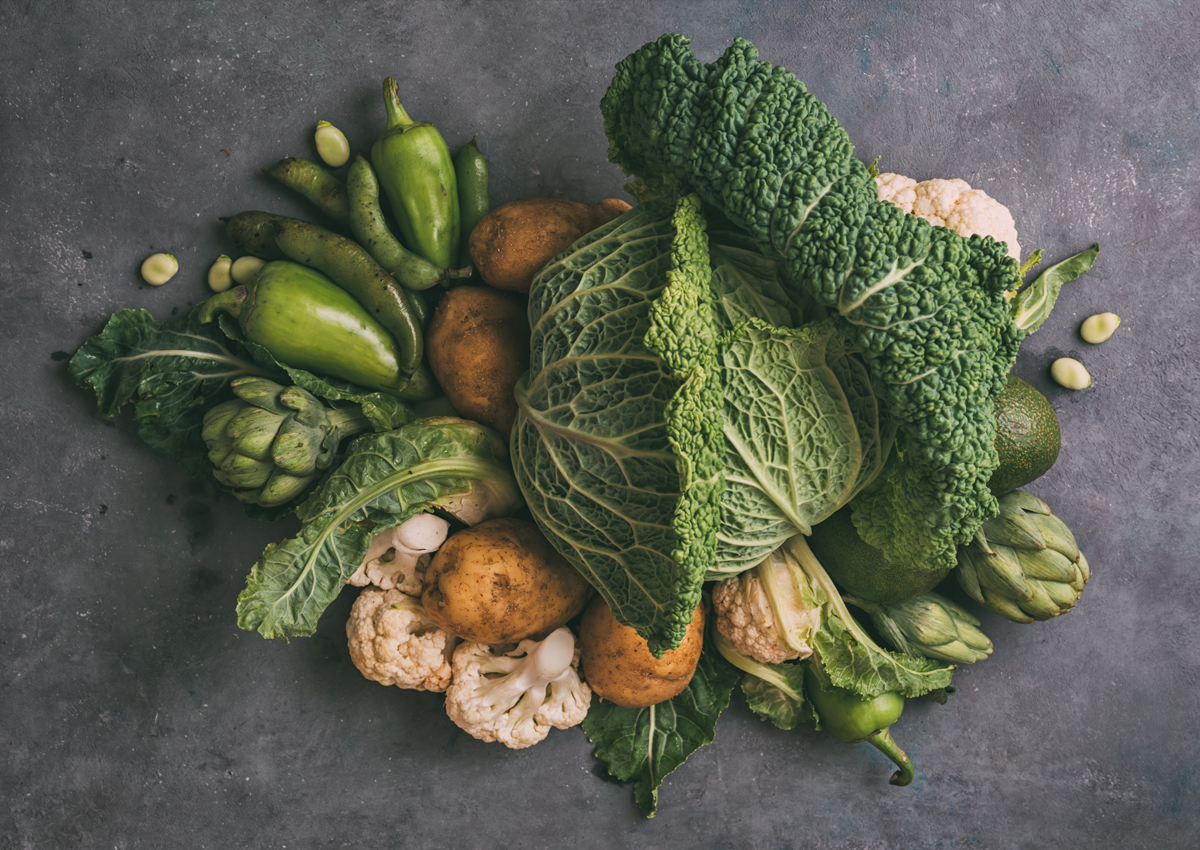
Seasonal Vegetables: Fundamental in a Healthy Diet
One of the most important rules, at the foundation of a healthy diet, is to choose to eat seasonal food. Shopping according to seasonality, especially for vegetables and fruits, allows us to fully enjoy their flavor (at the right point of ripeness and growth) and their precious nutritional values. Ideally, we should eat fresh vegetables: therefore, let's avoid storing them in the fridge for too many days. Grocery shopping for fruits and vegetables every 3 days is a good compromise, this way we also avoid unnecessary waste.
We are benefiting our health and the environment.
SPINACH: rich in potassium (a 200g portion contains 1 g), magnesium, and calcium (78 g in 100 g of product), zinc, selenium, and phosphorus: they also contain a good dose of vitamin C and carotenes.
CAULIFLOWER, CABBAGE, SAVOY CABBAGE, BRUSSELS SPROUTS
Vegetables belonging to the Brassicaceae family
These vegetables are rich in minerals (potassium, phosphorus, calcium) and vitamins, especially vitamin C, folic acid, and vitamin A. They also contain iron, zinc, and copper.
ARTICHOKES
They have strong purifying properties, especially for the liver, and contribute to the elimination of toxins from the body. They improve digestion and can have beneficial effects on reducing cholesterol. Additionally, artichokes contain 2.7 g of protein per 100 g (with an excellent amino acid composition).
FENNEL
Rich in potassium and fiber, with very few calories; they have good digestive properties.
ESCAROLE
It is very filling and has a very low calorie content; ideal as a side dish or in the preparation of soups with legumes or cereals.
SWISS CHARD
Rich in minerals such as potassium, calcium, magnesium, and phosphorus.
CARROTS
They have a calorie content of about 40 kcal/100g, with 7.6 g of available sugars per 100 g; they are very rich in vitamin A (1100 μg/100g), alpha and beta-carotenes.
And we will also find vegetables like CHICORY, RADICCHIO, BROCCOLI, TURNIPS, PUMPKIN, WINTER LETTUCE.
Therefore, the good habit of varying choices at the table can always be applied, in all seasons.
Dr. Concetta Mauriello
